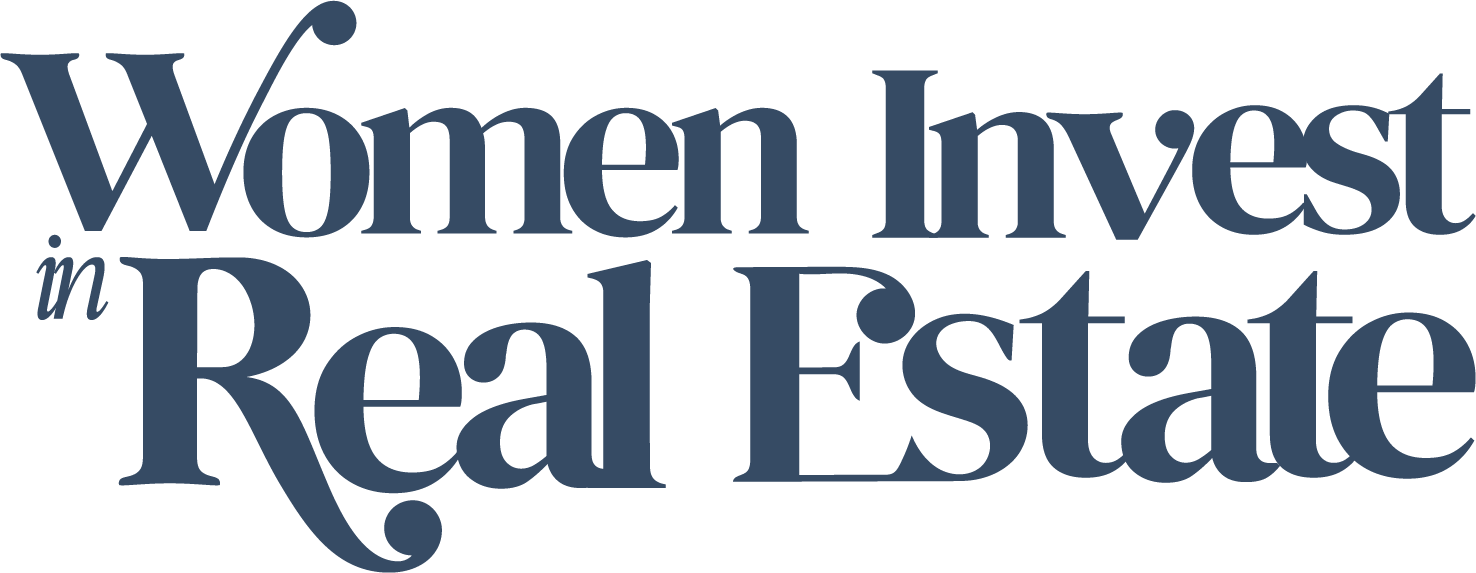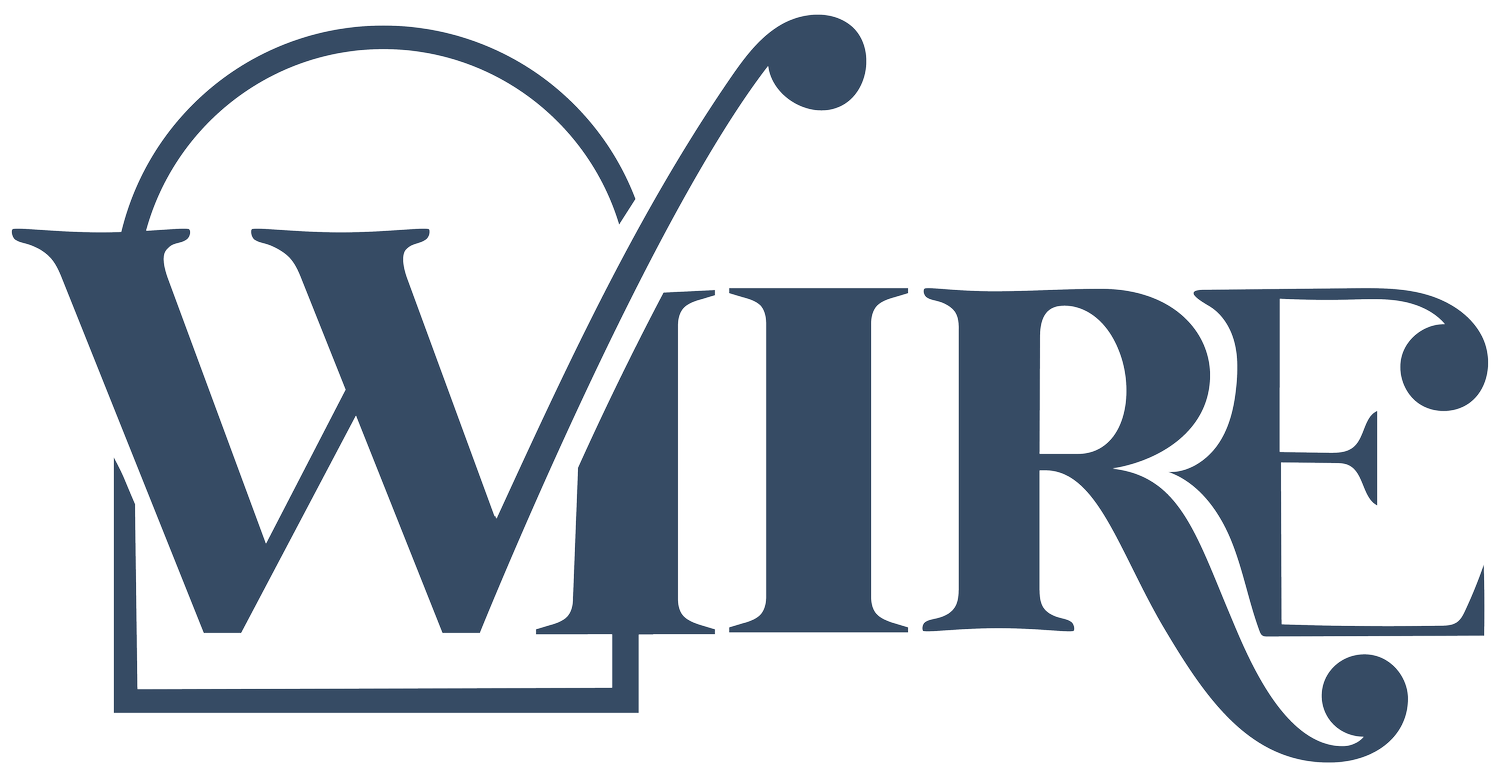EP25: MTR Cash Flow Killers with Amelia & Grace
Hello everyone, welcome back to the WIIRE Podcast! We know you all love hearing about all things MTR so this week we are bringing you another episode about MTR strategy, except this time we are talking about the 5 pitfalls (which we’ve lovingly termed ‘cash-flow-killers’) you’ll definitely want to avoid making with properties in your REI portfolio.
1. Utilities
If you’re not tracking tenant utility usage, you should be. Utilities are typically covered for tenants in mid-term rentals, but you’ll want to make sure that your tenants aren’t going over ‘average’ usage for the utilities.
We recommend adding a utility addendum to your lease explaining that any overage from the average usage (which can typically be found on your utility company’s website) will be billed back to the tenant. You can also post signs on the doors so when they go to leave the property, they’re reminded to check things like the lights and thermostat, and not leave them in use when they aren’t even home. Lastly, you could invest in a thermostat that you can control remotely and set limits on.
2. Location
C & D class neighborhoods, simply put, are just not recommended for MTRs. Even units in some B-class neighborhoods will sit vacant longer than desired because traveling professionals know what kind of areas to look for and which ones to stay away from.
Vacant units will always cut into your cash flow, so choose your MTR location very wisely.
3. Noisy Locations
Many MTR tenants are traveling nurses, and as you could guess, work nights (or even around the clock) on some days. Typically they are only in the unit to eat, sleep, and repeat so they want to come home to a quiet space they are comfortable in and aren’t interested in dealing with a noisy neighborhood or noisy neighbors.
4. Cleaning Fees
This one can be a bit tricky. It’s nice to be able to cover your tenant's cleaning fees - it’s one less thing for them to pay, right? While true, that also cuts into your cash flow.
After covering cleaning fees for quite some time by just charging more for rent, Grace has discovered that she is likely leaving money on the table because it cuts into her cash flow. She realized that she could simply include a cleaning fee, along with the deposit, and tenants are still happy to rent her units, despite the cleaning costs coming out of their pocket. She also realized that for the most part, tenants are used to paying a cleaning fee.
Amelia collects a deposit to hold the unit, then 1-2 days prior to move-in collects the 1st month’s rent along with the cleaning fee.
5. Not having a detailed list of supplies for your unit.
Do you know exactly how many cups, plates, forks, towels, etc., are in each one of your units? If you don’t you should. Now before we proceed, we will be the first to admit that we have both been super lax here, but it is on both of our ‘goals for 2023’ lists to do a much better job of this one.
Go through your units with a fine tooth comb. By having this list for each unit, when your tenant moves out you know not only needs to be replaced and charged back to the tenant. Keep this list handy for yourself, your cleaner, or your property manager so everyone knows exactly what should be in each unit so you aren’t losing money by keeping your rentals stocked and passing those charges along to the tenant.
That’s all for this week friends, thank you for joining us. If you have any questions or topics you’d like us to cover shoot us a DM on Instagram!
Catch you in the next episode!
Resources:
Join our MTR Profit Academy
See what Amelia is up to on Instagram
Check out Grace’s updates on Instagram
Connect with the WIIRE Community on Instagram
Grab your spot for our retreat in Salt Lake City


